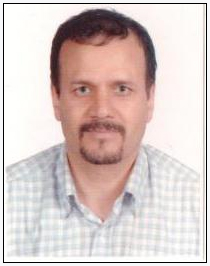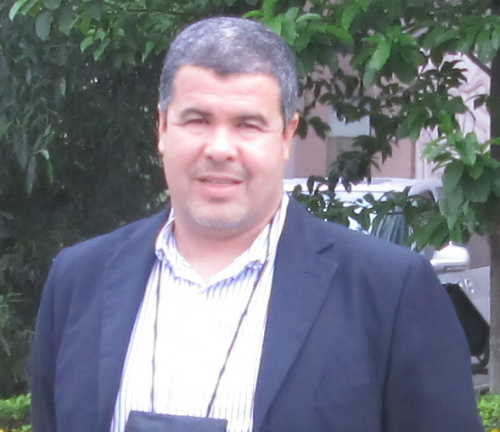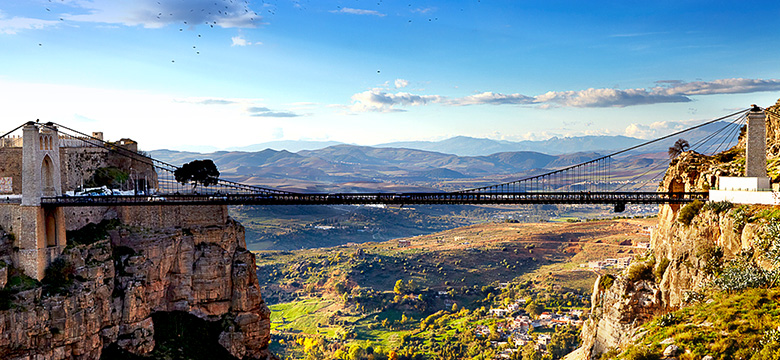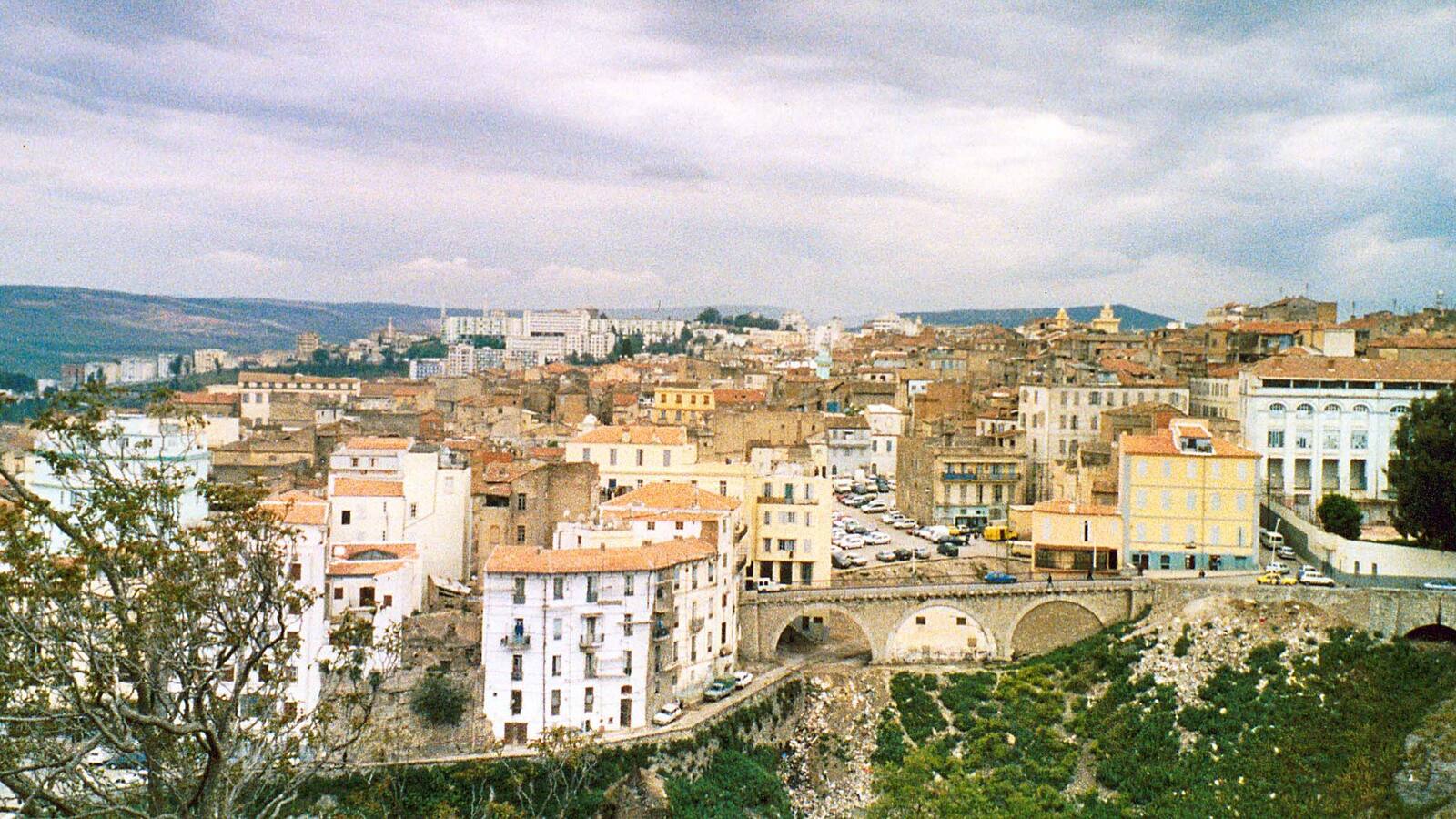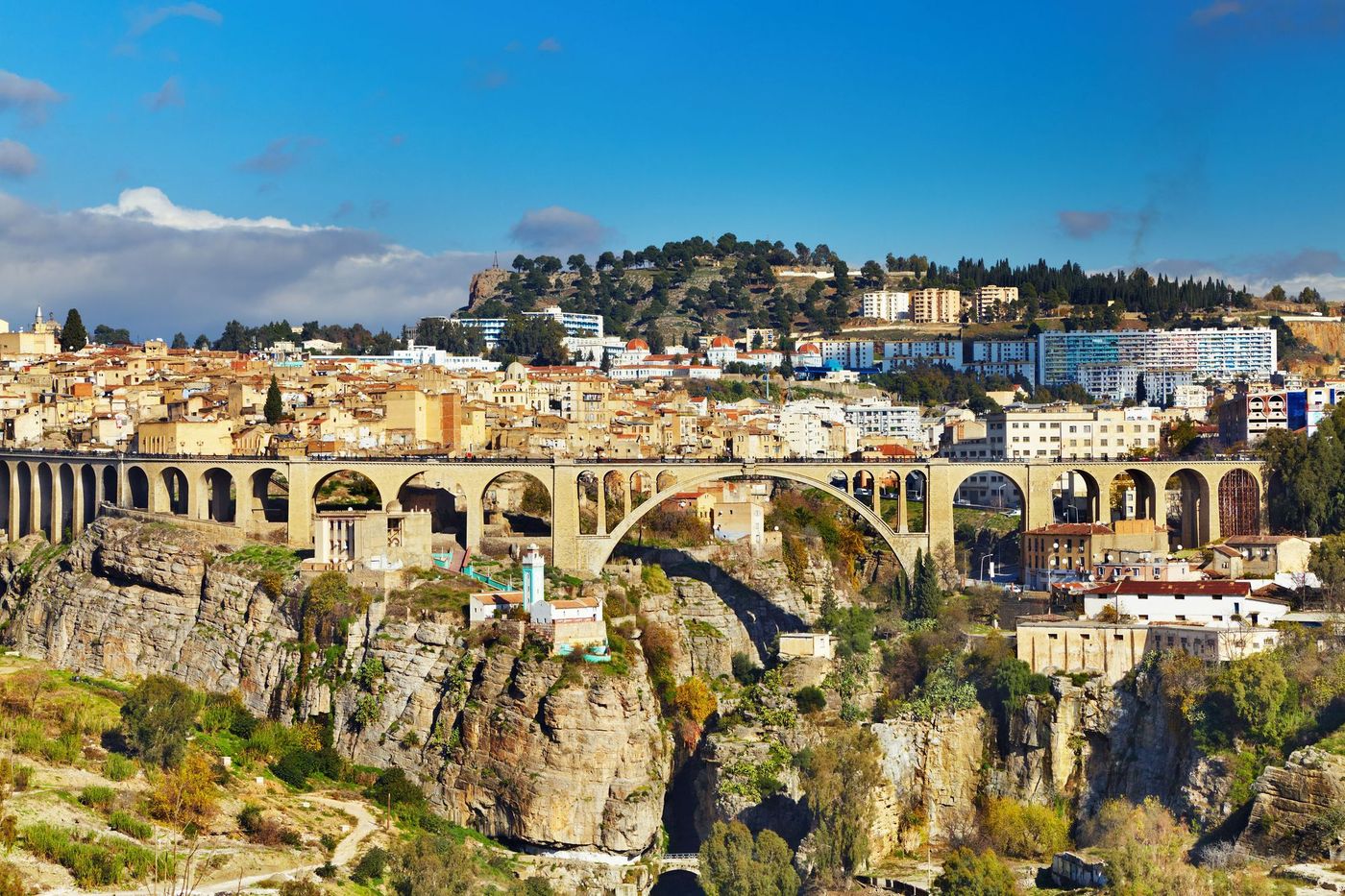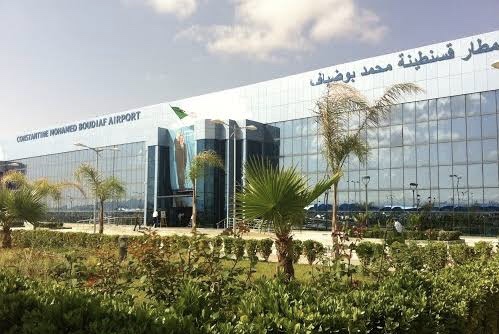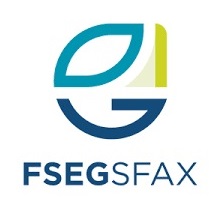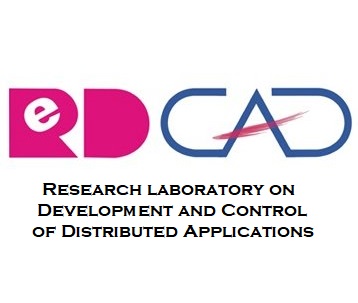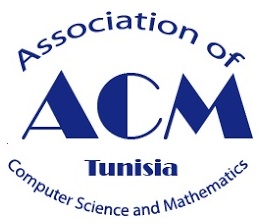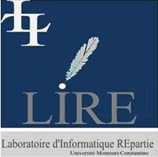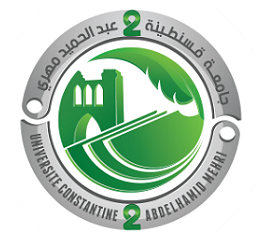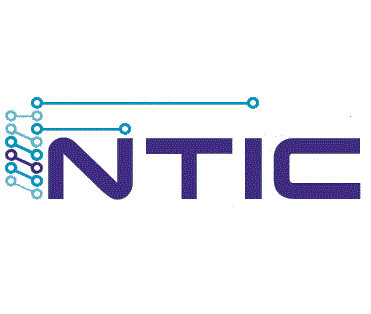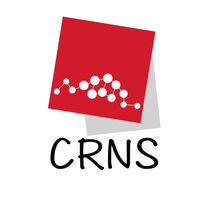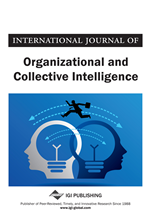
Selected papers will be invited to submit extended versions for publication in the International Journal of Organizational and Collective Intelligence.
Special issue On: Trends in Software Engineering Applications Using Intelligence Artificial Techniques.
The Tunisian Algerian Conference on Applied Computing (TACC 2022) is an ideal platform for keeping up with advances and changes to a consistently evolving field. Leading researchers and industry experts from Tunisia and Algeria will be presenting the latest studies through papers and oral presentations. This conference edition is dedicated to the study of applied research of real-world problems. It aims to address, through two tracks, both theoretical and applied computer science issues. In addition, a one-day workshop will be held in conjunction with the conference which will focus on the system of systems architecture and applications. Exceptionally, depending on the evolution of coronavirus pandemic the conference would have a hybrid format.
The TACC conference includes 2 main tracks:
Track 1: Recent Research in fundamental & Applied Computing
This general track is dedicated to computer scientists, engineers, and practitioners to present their findings and research results in various areas of computer theories & applications. Its mission is to further the interests of researchers, educators, students, and industries, engaged in the design and development of new computing methods, languages and tools, computing applications, etc. This event provides an avenue to discuss and exchange new ideas in a wide spectrum of application areas. We all recognize the importance of keeping up with the latest developments in our current areas of expedites.
This general conference track invites papers from the following fields, but is not limited to :
- Artificial Intelligence and Agents
- Distributed Systems
- Information Systems
- Software Engineering
- Software Architecture
- System and Software Security
- Algorithms, automata, and complexity
- Logic, semantics, and theory of programming
- Static analysis, verification, and testing
- Applications of IOT, AI, Cloud and BIG Data for environmental sustainability
Track2: Doctoral Symposium
The Doctoral Symposium Track is an international forum for Ph.D. students studying all areas related to the fields of the TACC 2022 conference (see track 1 topics). It will be a good opportunity for Ph.D. students to share and discuss their research in a constructive and critical atmosphere and also to interact with other Ph.D. students and stimulate the exchange of ideas, suggestions, and experiences among participants.
We seek Ph.D. students who have either determined the direction of their thesis research (probably with some preliminary results already published), but who still have substantial work to complete or Ph.D. student participants who are in the early stages of their dissertations. It is not required to have a paper accepted for the main conference to participate in the Doctoral Symposium Track.
Track3: Workshop
The workshop is on cyber security and Elastic. In this workshop, the participants will learn about the mechanisms for Enterprise Security and how Elastic XDR actionnate the big data to protect organizations from security threats.
The workshop is dedicated to M2 students, PhD students, professors, researchers and people from the professional sector. More details can be found in this
link

